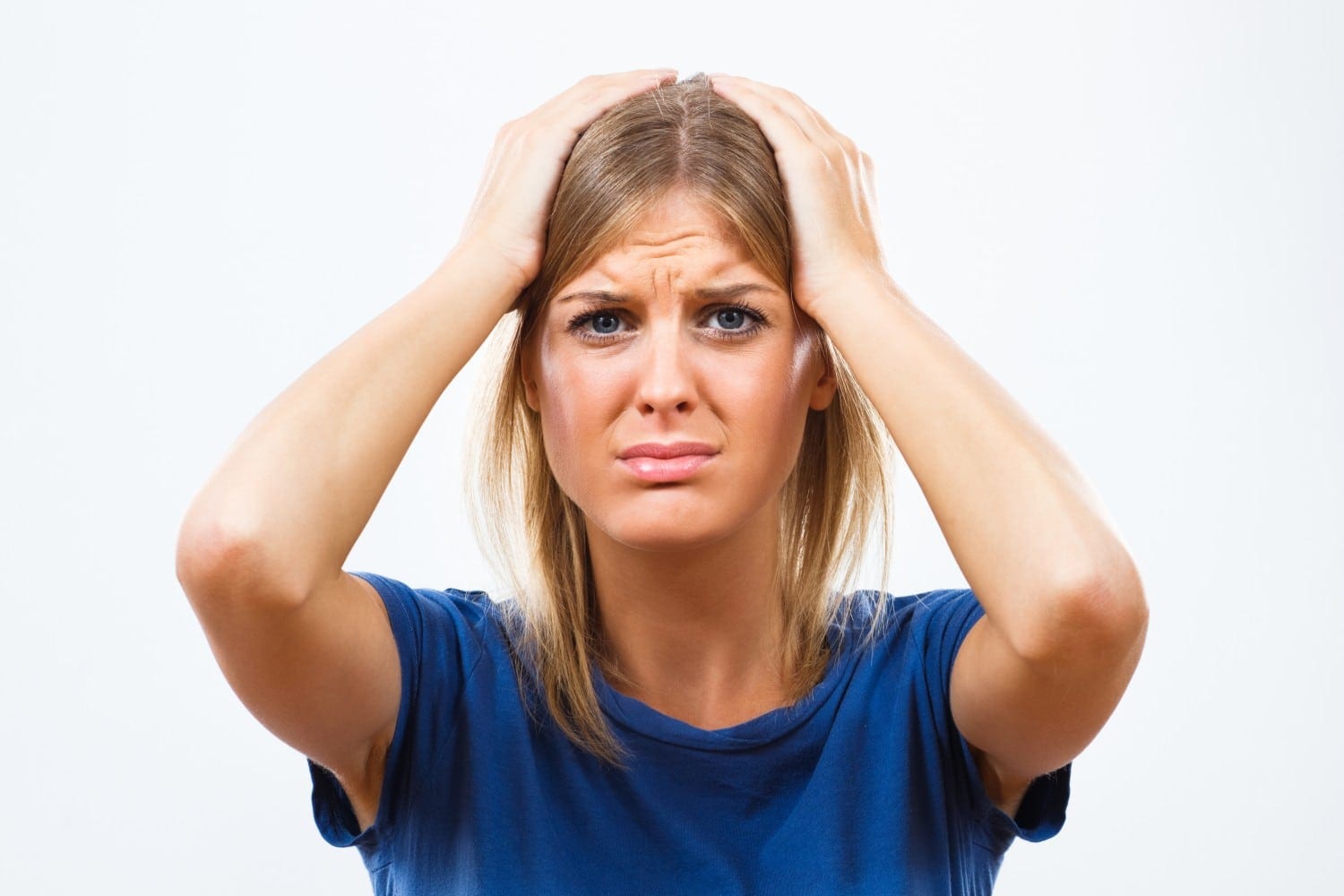Hair loss or alopecia is a relatively common, but often very disturbing condition affecting approximately 2% of the population worldwide, with no significant difference in incidence between men and women. Alopecia can be classed as alopecia areata (affecting patches or specific areas of hair loss) or totalis (complete hair loss). Both conditions are quite distressing and can often be associated with psychological disturbance. Even hair thinning can cause significant distress – this can be seen in both men and women. The good news is that this condition is treatable – it can take some time and persistence, but the hair does eventually grow back. There are different causes for alopecia, and these include:
- Hormonal imbalance – excess testosterone in women or a high conversion of testosterone to dihydrotestosterone (a stronger type of testosterone which has a greater effect on hair follicles) in men and women
- Autoimmune disease – this is where the immune cells attack the hair follicles, causing the hair to fall out
- Thyroid disease – both hypo and hyperthyroidism can cause hair loss.
- Nutrient insufficiencies – often low iron, zinc, folate, vitamin D, vitamin B12 and vitamin A levels have been associated with alopecia
- Stress – affecting every system in your body, stress is a common cause of hair loss. In this case, most likely your body is prioritising the most important functions over the others and having nice hair is not considered as critical by the body in terms of its priorities
- Scalp infections – certain infections on the scalp will cause the hair to fall out. Common infections include ringworm, Trichomycosis Nodularis and folliculitis (inflammation of the follicles) and these can all cause hair loss
- A combination of the above factors
What can we do about it?
Finding the root cause is always the best way to treat any condition. Rather than throw a bunch of supplements and dietary advice at you and hope that something sticks, it is best to investigate underlying inflammatory, autoimmune, nutritional, infective and stress-related causes and treat these, as they are what is driving the condition. Hormones require balancing through herbal and nutritional medicine and ensuring the correct detoxification pathways are open and running effectively. This can take up to 6 months, but will also provide an improvement in skin, mood, gut and overall health.
Autoimmune conditions can take a lot longer to heal as we are retraining the immune system and working on gut health to re-establish a healthy immune response. Treating stress and nutrient deficiencies is often not too difficult with the assistance of herbal medicine, dietary optimisation and stress reduction techniques, and results can be seen earlier in these cases. When there is an infection in the scalp, we need to look at supporting the immune system to get rid of the infection, using topical agents to kill off any unwanted bacteria, as well as re-establishing the healthy balance of microflora on the skin. Whatever the root cause may be, there is always a way to assist in improving body system functions, promoting tissue repair and getting you on the way to having your hair back!



